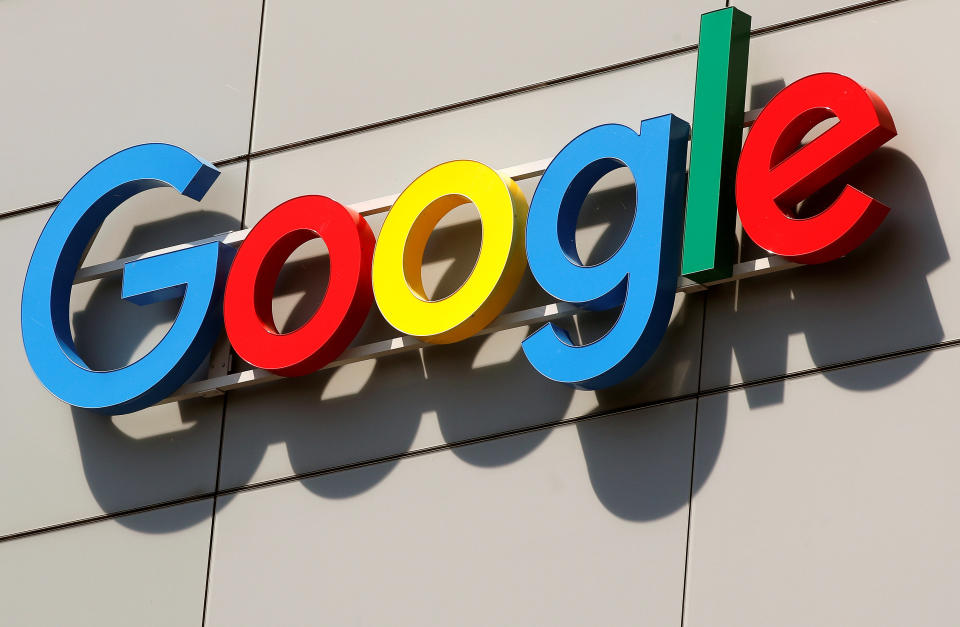Google might be hiding the fact that its own reviews are shoddy

If you Google “Chiropractor Bethesda Maryland,” you’ll see Google’s famous 10 blue links. But you’ll also see a box with a map — a snippet — at the top with local results, star ratings, and buttons for phone number and directions. Clicking further will show you reviews people left on Google Maps.
Google is ostensibly providing a service to make it easy to get what you want: a chiropractor in Bethesda.
But what if these reviews aren’t particularly good or reliable? This is a question that has come up based on the fact that Google’s library of local reviews is no longer available apart from the Maps platform or the box above search links.
If you Google the exact, unique text of a user review found through the box above in quotes, an interesting thing happens: No results are found, despite the fact that you just saw the text, provided by Google itself in the box above the reviews.
Google appears to have quietly purged its own user-generated review content from its search results.
This is significant, critics of Google say, because it obscures the fact that Google’s search engine judges the company’s own reviews poorly. Google’s search engine ranks content by relevance and quality, and Google’s review content previously showed up deep into the search results, far from the first page of links that takes most of the clicks.
A Google spokesperson disagreed that the review content was “de-indexed,” simply noting that because Google reviews don’t currently live on a web page, they are not displayed as web results.
Given that reviews once showed up in regular Google search results and now do not, it follows that the reviews were moved from a web page to the Maps platform, whose code prevents search engines from crawling it. What was once searchable is now not searchable, something Google did not explain.
As a result, Google reviews do not have to rank highly in search engines. Instead, the Google snippet — the map and reviews box above the standard search result — allows the company to capture clicks that would otherwise flow off the platform to whatever website had the best result in the algorithm made by the search team down the hall at Mountain View deemed as the best.
“When a mom does a search for ‘local pediatrician’ on Google today, instead of being matched with the most relevant information, she’s being redirected into a service with fewer reviews and lower quality information — a product Google’s own meritocratic algorithms deem inferior,” Luther Lowe, SVP of public policy for Yelp, which competes with Google on local reviews, told Yahoo Finance in an email.
Search rankings of Google reviews were poor. Now they don’t exist.
A year ago, Google’s search engine found this review content. But Google’s search algorithms, which judge content based on being “useful and relevant” according to Google, apparently didn’t find Google’s reviews very useful or relevant — so it consistently ranked them poorly.
In to a complaint submitted to Brazil’s Administrative Council for Economic Defense, Yelp, which competes with Google in local search reviews, showed an example by Googling restaurants in Brasilia and filtering results for Google and TripAdvisor to tune out the noise. Google results came up on the eighth, after seven pages of Tripadvisor results.
Other examples Yahoo Finance reviewed showed Google results emerging as deep as the 17th page. Today, no results are found as Google’s search engine skips over them while it crawls the internet.
In a recent tweet-squall, Yelp’s Lowe raised the question of why Google de-indexed reviews. The obvious implication, from the previously dismal search rank, is because Google reviews lag competitors like TripAdvisor and Yelp.
Analysis from Piper Jaffray, which Lowe cites, backs up the implications of Google’s search algorithm in detail. The investment bank found Google reviews were less than a quarter the length, and 25% had no text at all.
Why is Google looking to push its own local reviews so much? The company declined to comment, but our search queries reveal a possible motive: There are a lot of local searches.
Local search makes up a significant amount of the queries that Google fields every day, and keeping users engaged on the platform rather than off it presents opportunities for more monetization. That’s something Google appears to be focusing on, going so far as to track user locations even when user preferences explicitly say not to, according to a recent investigation by the Associated Press. The AP noted that Google was pushing into targeted local advertising using data.
As a paper on similar issues from Harvard Business School’s Michael Luca, Columbia Law School’s Tim Wu, and others noted, “prominently displaying Google content in response to search queries…may reduce consumer welfare if the internal content is inferior to organic search results.”
So what does this mean for you? In layman’s terms: You might get a worse experience if you don’t look past the first thing Google shows you.
–
Ethan Wolff-Mann is a writer at Yahoo Finance focusing on consumer issues, retail, personal finance, and more. Follow him on Twitter @ewolffmann.
The most and least affordable U.S. metro areas to buy a house
The top 10 innovations that could shape the next decades: Citi
